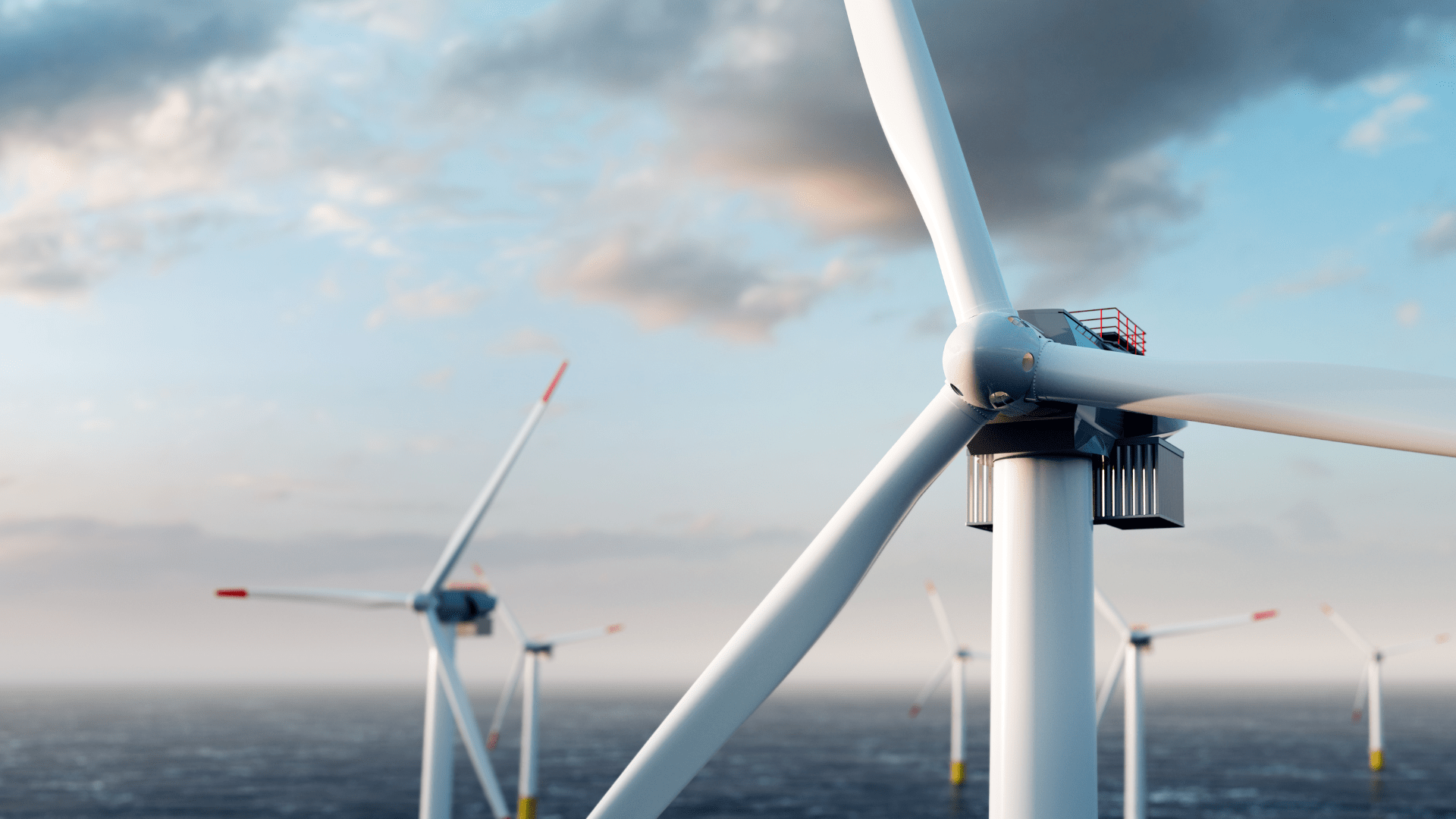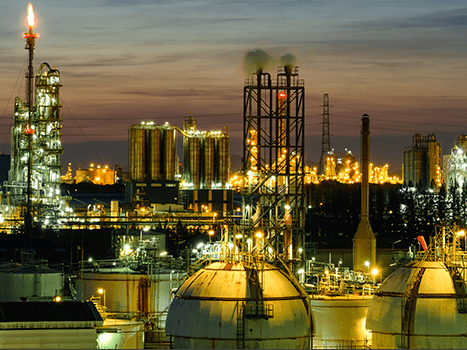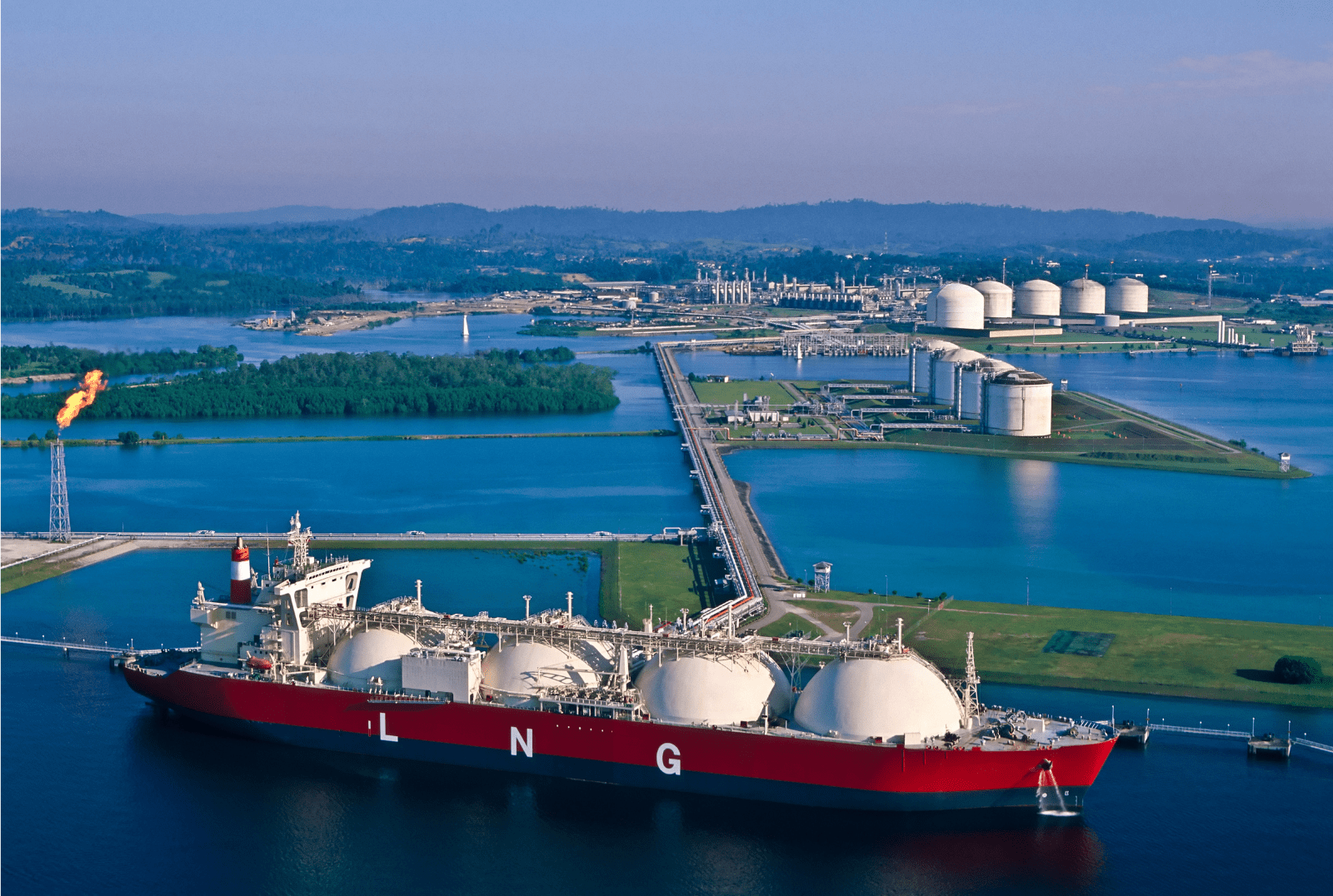Calash’s energy transition has accelerated over the past five years, with most of its work now in the renewables and cleantech space, but it remains proud of its heritage in the oil and gas space, and the unique position this has given it to offer pragmatic commercial and operational advice across a range of other industries.
Calash has asked some of its key team members to give their views on why they enjoy working at Calash and how its unique growth journey and culture colour its perspective on due diligence and strategy consulting.
Rob Neves – Associate Director
Why did you first choose to work at Calash?
Too long ago to remember! – but the varied nature of the projects and working environment were key factors.
So, what has been your most interesting project?
All projects are interesting for different reasons – supporting the refinancing and strategy development for Bourbon offshore was interesting due to the public nature of the business, political interest, and the impact of trade unions, which culminated in presenting our findings to a packed audience at the Ministry of Economics, Finance and Industry in Paris.
What makes you proud to work at Calash? Is playing a role in enabling the energy transition important to you?
Our ability to continue to evolve while retaining our position as energy specialists, despite the significant change in sub-sector project makeup over the last ten years. We have also helped really good ‘legacy’ oil and gas businesses establish sustainable positions in new energy markets, particularly in and around Aberdeen.
What has been your most memorable moment at Calash?
John Corbett throwing a bowling ball through the ceiling on a Calash Christmas night out!
Iain Gallow – Director
What has been your most interesting project and why?
My first project after we set up in Australia, looking at a marine business. I really enjoyed our client and the target company’s culture, and my first exposure to the scale of the mining industry while out there was really interesting.
How has working at Calash changed since when you first joined?
As we’ve grown, Calash has naturally had to become a little more ‘corporate’, but I think we’ve managed to do this without losing the essence of what makes being part of Calash enjoyable. We’re also dealing with a much greater spread of clients and industry sectors than we were when I joined nearly 12 years ago.
What is the most challenging task you’ve been given? How did you overcome this?
Taking over the business to enable Alan to go on an 18-month sabbatical was daunting, especially given the added challenges of the COVID-19 pandemic and difficult economic conditions. There were more than a few sleepless nights, but we’ve come through it well and are stronger as a team now.
Mario Petrov – Associate
What is the most challenging task you’ve been given? How did you overcome this?
The most challenging task I have conducted was a piece of technical due diligence. We had to quickly get to grips with the complex engineering structure of hydrogen and regasification stations so that we could identify where different types and sizes of valves are used and then visually represent these findings in a visual and digestible way for people who are not experts in the topic. To do this, I had to identify and speak with the right experts in this niche space, and to conduct extensive research, often late into the night.
What makes you proud to work at Calash? Is playing a role in enabling the energy transition important to you?
The thing that makes me proud is the people I work with. Calash is made up of very smart individuals with different backgrounds, which means we have the combined expertise and capabilities to really grow the business. This has been proven by the company’s exposure to the cleaner side of the energy transition, which seems to have doubled in the time I have been with the company.
Maria Bosher – Office Administrator
How has working at Calash changed since when you first joined?
Having been here since the early days it has been interesting to see how key people have developed their capabilities and expertise, and this has been reflected in a steady professionalisation of our final reports and presentation. Because I’m less directly involved in project execution, I have been able to stand back and see how some of the team members have really honed their skills over the last decade, and become go-to experts in our key markets.
What has been your most memorable moment at Calash?
Calash Christmas parties are always a highlight of the year. Generally, we have great work/life balance and had developed an effective means of flexible working before the pandemic made it the norm.
Patrick Harris – Associate Director
How is Calash different from other management consultancies?
Calash is deeply embedded in its markets that it is able to see things from a commercial perspective that others don’t, and to strategically connect people and ideas in a way that creates real value among its partners and clients. We learn of investment opportunities early on, and then start to formulate our views and to connect the dots long before a generalist due diligence advisory could achieve.
What is the greatest challenge facing the business?
There is a challenge around retaining the flexibility and opportunity-driven culture of a small, specialised advisory firm while growing into a more professionalised business. This is also reflected in the sectors we cover. It is increasingly difficult to state that Calash is a sector specialist, when our clients continually pull us into markets where we would not normally operate, such as TMT, agritech and healthcare. We don’t want to be pigeonholed, but neither do we want to become a jack of all trades.



